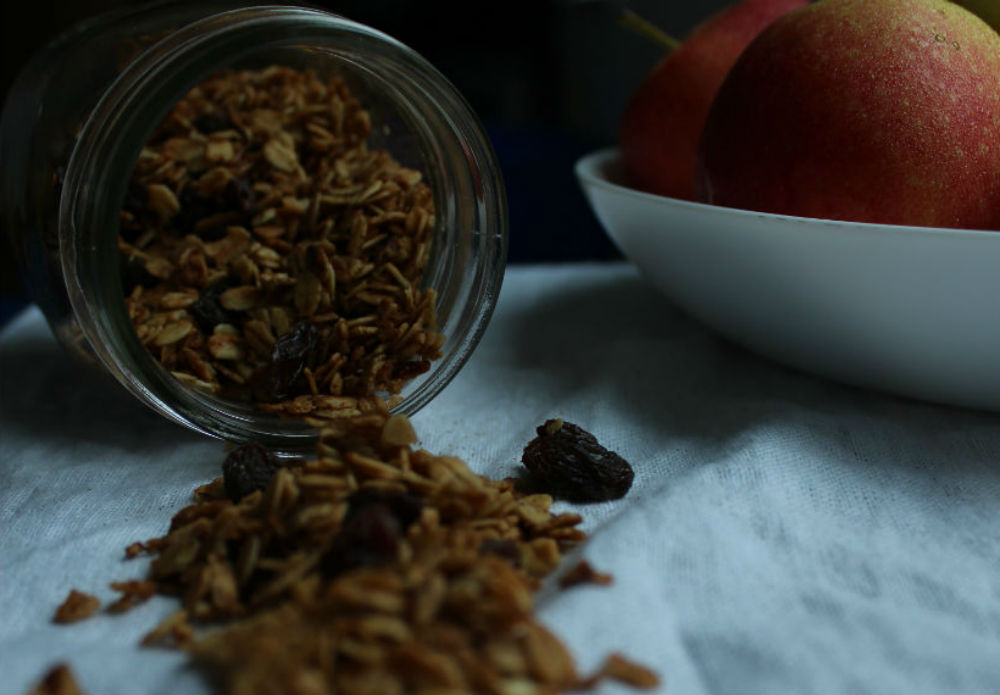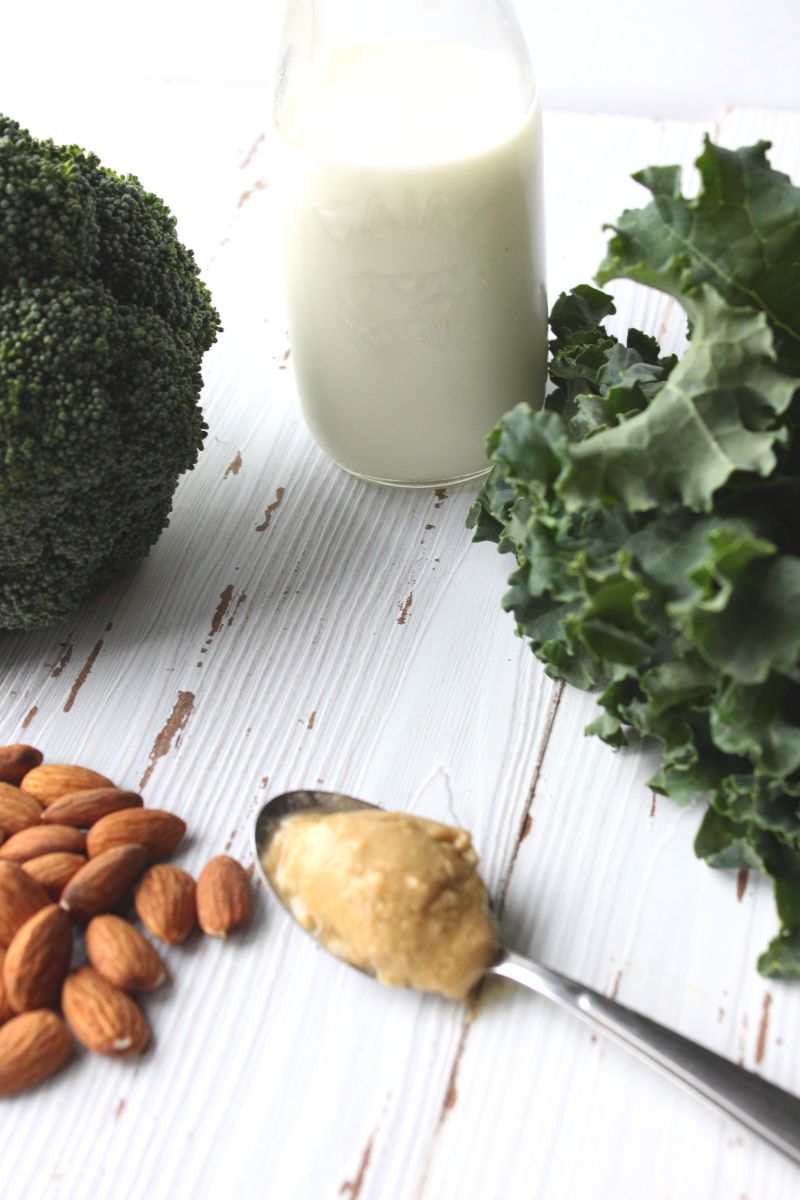The nutrition world is constantly changing with research. Fat was and still is a hot topic. My opinion of fat has changed significantly since my good old University days when everything and I mean literally everything was “low fat”. Current research suggests saturated fats are not as bad as we once thought. The US is currently reviewing their saturated fat guidelines and it will be interesting to see what changes they make and if Canada will follow. So lets talk about fats both the good and the bad, after all February is heart health month.
What are fats?
Fat is a macronutrient that provides a condensed form of energy, 9 kcal per gram of fat consumed. Fat plays an important role in our overall health, we NEED fat in our diet. Fat is the building blocks for hormones, helps absorb fat soluble vitamins A,D,E, and K, helps regulate body temperature, and fat makes us feel full. Some fats are essential to our health such as omega 3 and omega 6 fatty acids. Finally, fat makes food taste good… and we want people to enjoy their food.
Trans Fats … the bad fats.
When it comes to Trans fats the recommendation has remained consistent, they are bad for our health and should be avoided. Trans fats that have been processed to extend the storage life of processed foods. Trans fats are commonly found in deep fried foods, crackers, cakes, cookies, frozen pizza, and hydrogenated margarine. Did you know that Canola oil may contain up to 2 % of trans fat? But the real reason I refuse to buy canola oil is because it is heavily processed and most likely genetically modified. Research has shown that trans fats increase your risk for heart disease by increasing lipoprotein LDL ( “bad cholesterol”), decreasing lipoprotein HDL( “good cholesterol”), and raising circulating levels of triglycerides in the blood, promoting inflammation.
Saturated Fats:
Some people look at me funny when they ask ” butter or margarine” and I say butter in small amounts. Butter 1) for taste and 2). its not processed like margarine. Saturated fats are mainly found in animal products such as dairy and meat. Saturated fat is a controversial and confusing topic these days, even for myself and fellow dieticians. For many years, we believed saturated fats were the cause of heart disease by raising LDL cholesterol and asked the public to limit their consumption. Current research suggests not all saturated fats have the same effect on our cholesterol levels. Instead, it is the particle size, small, along with high circulating levels of triglycerides and low levels of HDL. What we know today is that saturated fat increases HDL and moderately increases LDL cholesterol. Furthermore, it is thought the saturated fat found in grass fed cattle versus grain fed cattle does not raise LDL levels and in fact may increase HDL levels. Many health experts including myself, believe its time to review current research and revise fat recommendations .
Coconut, a saturated fat, was seen as “bad” is now on top of the food trend list. So why the change you ask? Coconut is composed of approximately 65 % medium chain triglycerides (MCT). Unlike other saturated fats, which are composed of long chain triglycerides (LCT). MCT are digested and absorbed more efficiently by our gastrointestinal tract through the portal system and easily broken down into energy. Coconut is commonly used in cooking and baking instead of other heavily processed vegetable oils like canola oil. Now this does not mean you should be adding coconut to everything and anything everyday, again it comes down to moderation and mindfulness.
Unsaturated Fats:
Unsaturated fats, monounsaturated and polyunsaturated, were the gold standard when it came to fats. Monounsaturated fats are seen as the healthiest when it comes to fats. Research suggests polyunsaturated fats commonly found in processed vegetables oils, such as canola, corn, and soybean oil may be inflammatory and contribute to chronic health conditions like diabetes, obesity, and heart disease. Health experts recommend choosing monounsaturated fats such as extra virgin olive oil, avocados, nuts, and seeds in our diet.
Omega 3 and Omega 6 fatty acids
Omega 3 fatty and omega 6 fatty acids are essential fatty acids, meaning our bodies can’t make them. We get them from our diet. Omega 3 fatty acids found in salmon, trout, sardines, walnuts, olive oil, and avocados increase HDL, hence we want to aim for high levels of HDL, good cholesterol. For optimal health we need the correct balance of omega 6 to omega 3 fatty acids of 4:1. The average North American diet is about 10:1 because we are eating too many polyunsaturated vegetable fats such as canola, corn, and soybean oil, which are now thought to be pro inflammatory. Eat salmon, trout, or sardines 2 times a week to meet your omega 3 fatty acid recommendations. Eat less packaged foods like crackers, cookies, cereals, and granola bars.
Final thoughts
With research we have seen the paradigm shift from fat to sugar. While some foods have more adverse effects we cannot blame one nutrient on chronic diseases such as heart, diabetes, and obesity. Remember fat is a condensed source of calories and even if we lighten up on our fat recommendations by no means are we suggesting you go have a double bacon cheese burger. Instead, we need to look at our overall diet. For optimal health, eat a diet that is mainly plant based, rich in colour, low in refined carbohydrates and contains a balance of monounsaturated, polyunsaturated fats, and high quality saturated fats. Finally, achieve and maintain a healthy body weight with a balance of diet and exercise.








